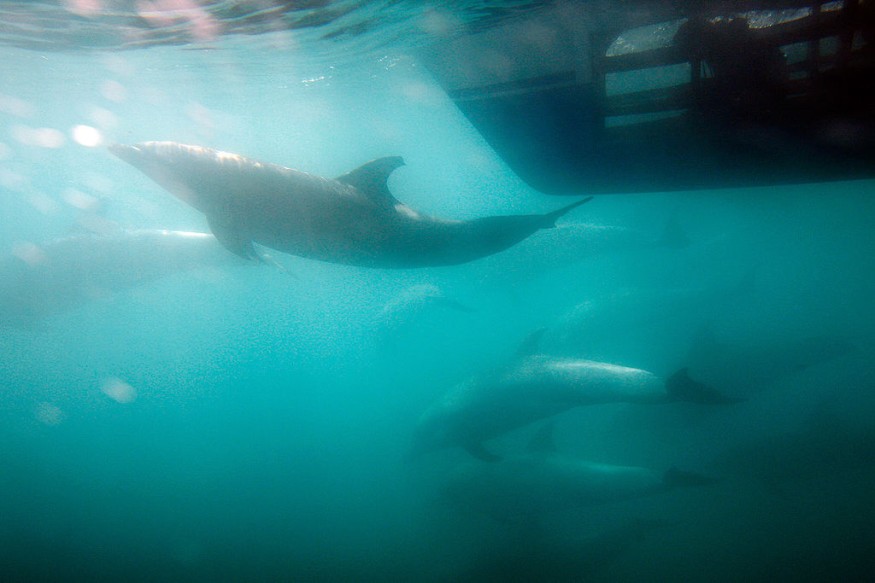Deep sea mining has long been thought to be a controversial issue due to its perceived negative impact to the marine ecosystem and its natural habitats.
For years, scientists have reportedly denounced it. The operation involves extracting mineral deposits from the deep ocean floor or deep seabed. It is similar to underground mining conducted on land of excavating soil and sediments using large machineries.

Now, a deep sea mining company named The Metals Company was approved by the International Seabed Authority to trial its machinery at the bottom of the Pacific Ocean for the first time since the 1970s.
Various sources reported it was a controversial claim, citing that prevailing research shows it has environmental repercussions, including the destruction of habitats and extinction of marine species.
Some Pacific Island countries are also reportedly against the decision, which is decades in the making. However, mining companies and governments in the past have long sought of considering legalizing the deep sea operation. There are expected benefits from it such as the acquisition of rare metals, which can be used for manufacturing and in various industries. Yet, its environmental impact outweighs its benefits.
The underwater mineral extraction in the ocean floor seeks to find rare metals such as polymetallic nodules, ferromanganese crusts, and polymetallic sulfides. These materials can be used to manufacture smartphones and rechargeable batteries. Rare Earth elements like diamonds, gold, and nickel can also be harvested from the sea floor, which considered to be a widely untapped resource.
Trial Deep Sea Mining

ABC News on Thursday, September 15, describes the move as a controversial trial since this will allow the deep sea mining operator to use electric robots and make them crawl to the sea floor and suck precious metals by using a giant straw.
The Metals Company Chief Executive Gerard Barron told ABC News that the move was a very significant progress towards deep sea mining in a commercial level.
Deep Sea Mining Machinery
The trial machinery will involve a giant vehicle that will crawl along the ocean floor, collecting rocks and sediment, through a vacuum-like device called a "riser." Barron states that the operation will mobilize in the coming days.
In fact, of the company's vessels is already stationed in Mexico, with another marine craft surveying the lucrative mining zone situated between Mexico and Hawaii.
According to Gavin Mudd, an associate professor at the Royal Melbourne Institute of Technology (RMIT), the main concern for deep sea mining is its potential disruption to biodiversity and cause of extinction, as cited by Newsweek.
What is Deep Sea Mining?
Deep sea mining takes place approximately below 200 meters where the deep seabed is located.
Back in May, the International Union for Conservation of Nature (IUCN) said deep sea mining begin soon due to rising demand for metals and the depletion of terrestrial deposits.
The IUCN demands that deep sea mining should be stopped unless a criterion is established, including assessments, effective regulation, and mitigation strategies.
© 2026 NatureWorldNews.com All rights reserved. Do not reproduce without permission.





